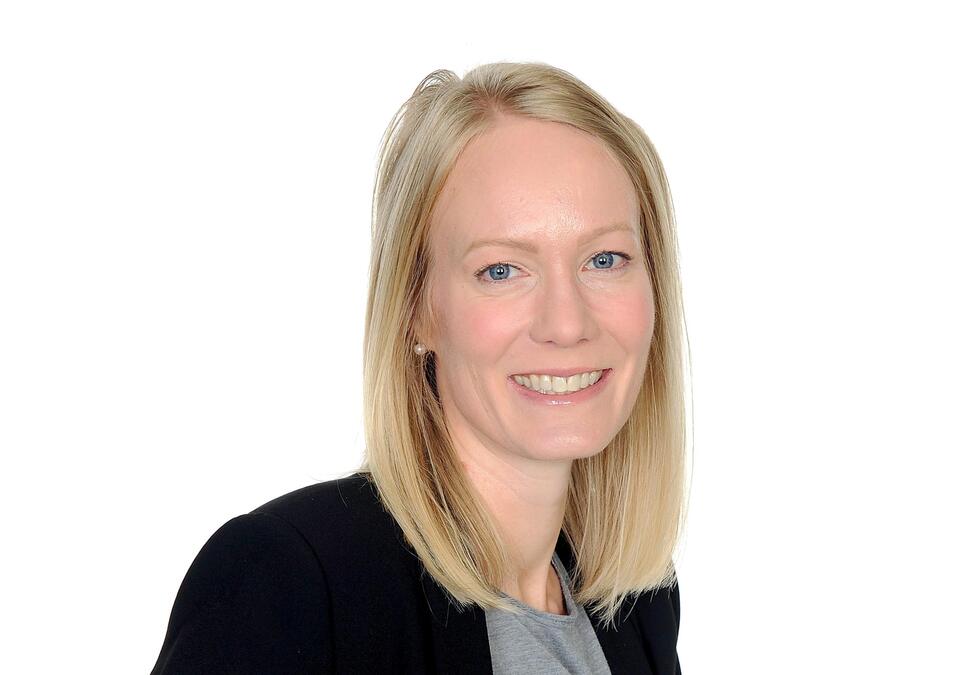Published:

Developing fisheries along wellbeing economy principles is something that Dr Ingrid Kelling, Assistant Professor of Sustainable and Ethical Seafood at Heriot-Watt University's Lyell Centre for Earth and Marine Sciences and Director of the Fair Food Hub, is committed to.
In a new episode of The Scotsman's Sustainable Scotland podcast, Dr Kelling explains the concept of a wellbeing economy and how it impacts fisheries in Scotland and across the world.
A wellbeing economy can be seen as one that is equitable and fosters respect for community development. Policies are framed in terms of human and ecological wellbeing, with an emphasis on balance, diversity and sustaining livelihoods.
Dr Kelling and her colleagues would like to see policymakers and all stakeholders adopt such an approach to fisheries to protect their future. Her work explores ‘Beyond Growth' - or ‘sustainable prosperity' - and what is known as the ‘blue doughnut', a framework for a wellbeing ocean economy.
Dr Kelling told the Sustainable Scotland podcast: “In my role running the Fair Food Hub it's about trying to help make our food that little bit fairer from the perspective of things like equality and wellbeing in the fishing industry.”
She adds: “It's obvious that the growth of GDP doesn't necessarily mean rising wealth for all people, and it certainly doesn't mean rising happiness for all people, even if the type of growth we are talking about is inclusive growth. Instead, we're now looking at ‘beyond growth' where the economy is designed in a way that achieves environmental and social goals, or sustainable prosperity. That's where alternative policy frameworks are needed, and one of these is called doughnut economics. This is a visual concept designed by Kate Raworth, an economist working for Oxfam in the UK at the time, around 10 years ago. The doughnut shows us that our safe and just operating space for life exists when we live between our ecological ceiling and social foundations, which lets us meet the needs of all. Applying this to the marine economy gives us the blue doughnut.”
Dr Kelling recently took part in the ‘Beyond Growth 2023 Conference' at the European Parliament to discuss and co-create policies for sustainable prosperity, including the blue doughnut.
Dr Kelling explains: “For many nations blue growth, or growth in the marine or maritime sectors, holds the potential for a shared prosperity. But, in practice, a system that prioritises economic growth doesn't work for everyone.”
She refers to: the risk of commercial fishing causing further harm to the planet; threats posed to small-scale and economically vulnerable fisher people; and exploitation of workers in the sector, such as through unfair recruitment practices.
“When we apply the wellbeing economy to fisheries we have to ensure more power flows to the people who are currently excluded from decision making, we need better data and consultation, we need market involvement and we need consumers to think about what they are buying. It's about choosing products that value people and the planet,” says Dr Kelling.
This topic is being further explored at the ‘Beyond Growth: Fishing for the Future in a Wellbeing Economy' conference being held by the Fair Food Hub at Edinburgh Business School, Heriot-Watt University on 13 to 14 June. Free tickets are available at: www.fairfoodhub.org